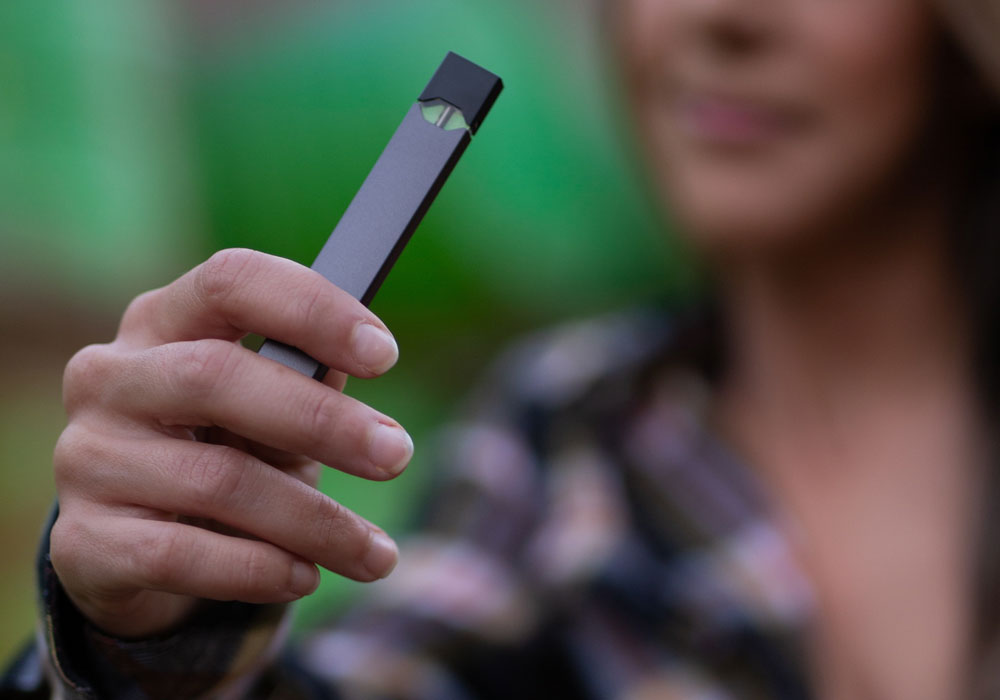After the U.S. surgeon general’s announcement that youth smoking epidemic was in part a result of vaping and tobacco companies’ marketing and advertising of flavored products, federal agencies began looking for ways to address the growing problem. The ease at which elementary and high school students can access vaping mechanisms was a battle cry for former U.S. Food and Drug Administration (FDA) Commissioner Scott Gottlieb, who was an outspoken advocate for regulating and penalizing companies that targeted marketing efforts at young Americans.
Spurred by members who spoke out for smoking cessation legislation in both the House and the Senate, Congress weighed in on the growing epidemic, meeting with Ned Sharpless, MD, FDA’s new acting commissioner. Sharpless, an oncologist by training, was quizzed by Senator Dick Durbin (D-IL) on e-cigarette regulation and production. Although it wasn’t a public meeting, Durbin subsequently sent a letter to FDA outlining his concerns that the new commissioner and the agency as a whole was not prioritizing the issue. In response, the FDA issued a release outlining what it is doing to regulate e-cigarettes.
“When I was director of the National Cancer Institute (NCI), I would be frequently asked, ‘What topic in cancer research and cancer care keeps you up at night?’ I always answered this question the same way: tobacco control in the era of e-cigarettes,” Sharpless said. “On the one hand, as someone trained in internal medicine and oncology, I am all too familiar with the devastating impact of combustible cigarettes on the public health: The 480,000 deaths per year in the U.S. from tobacco-associated cancers, emphysema, heart disease, stroke, and the 34.3 million Americans who still smoke combustible cigarettes despite decades of efforts to help them quit. So, any product that can diminish the use of combustible cigarettes substantially has to be considered of enormous potential value. Are e-cigarettes that product? Well, given that most e-cigarette users continue to smoke cigarettes, the answer is not clear.”
Following a U.S. district court ruling in Maryland requiring e-cigarette manufacturers to submit applications for currently marketed products, FDA issued a press release outlining the agency’s willingness to accelerate the review process to determine which manufacturers are targeting children through marketing efforts.
According to the release, FDA will “continue to take vigorous enforcement actions aimed at ensuring e-cigarettes and other tobacco products aren’t being marketed to, or sold to, kids. We will continue expanding our highly successful education efforts, such as The Real Cost campaign, to educate youth about the dangers of using tobacco products, including e-cigarettes. And we will continue to implement the policies necessary to keep e-cigarettes and all tobacco products out of the hands of America’s kids.”






